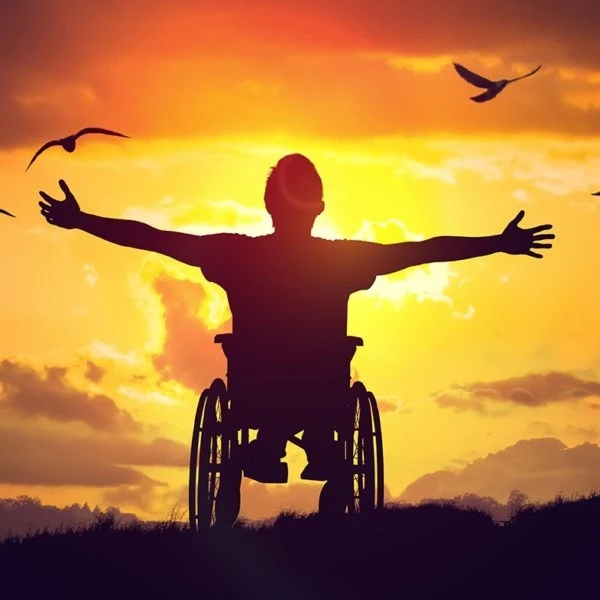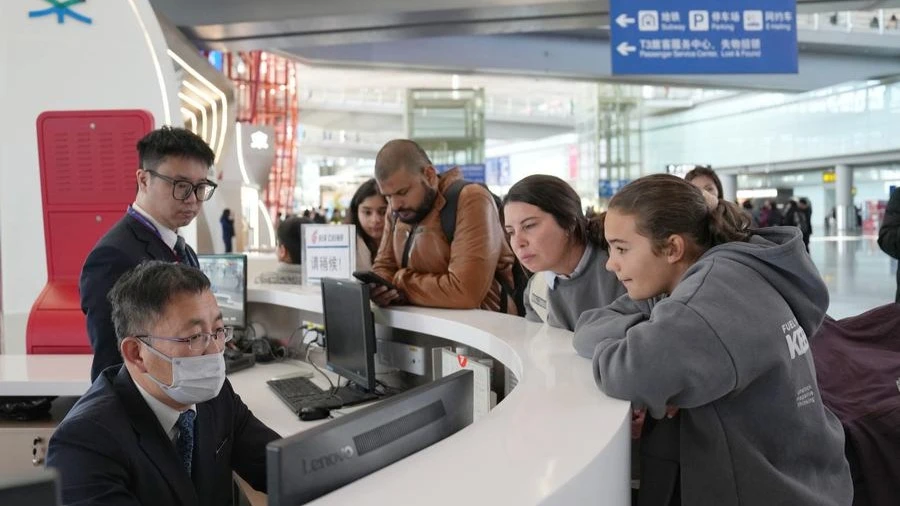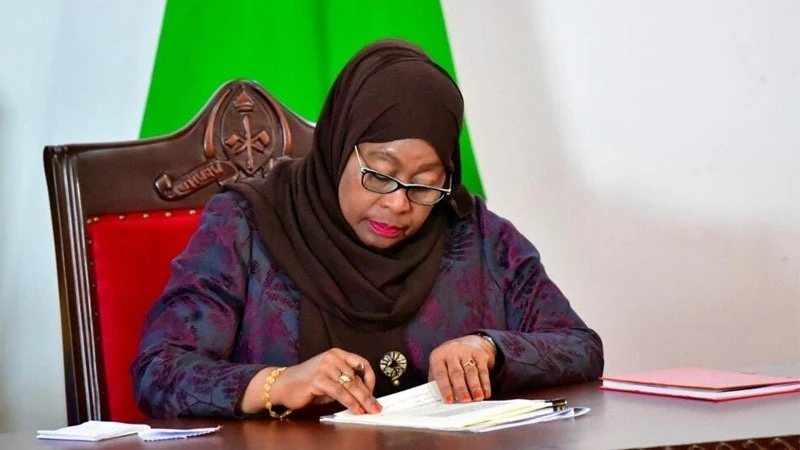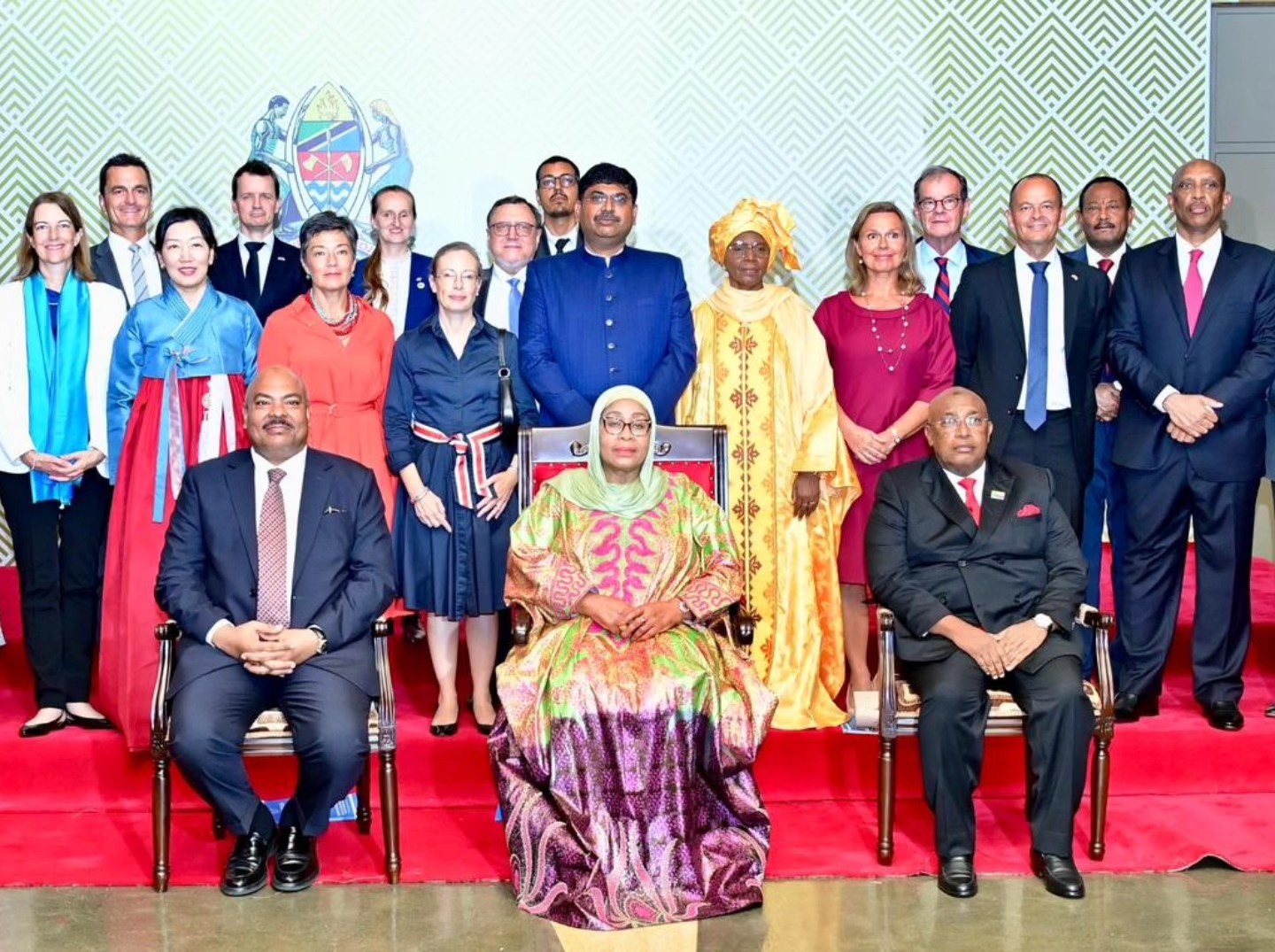SPECIAL REPORT: Cooperative unions improve lives of people with disabilities -8

Cooperative unions have to comply with the Persons with Disabilities Act No. 9 of 2010 which requires the public and private sector institutions to effectively engage people living with disabilities in their economic development empowerment programs and employment plans so that they are uplifted from the life of poverty.
Section 62 (i) of the Act prohibits community members from denying the participation of persons with disabilities in social, economic and political activities.
Cooperative unions, among the economic development drivers at the grassroots levels of societies, must abide by the cited Section in their daily activities.
The call for uplifting the disabled has been cemented by several governing leaders within cooperative unions who recently spoke to this journalist in separate interviews.
The social leaders were of the common view that cooperative unions should initiate special programmes intended at providing humanitarian aid.
However, they argued that cooperatives should extend financial services such as affordable loans of low interest rates for the disabled as they are being left behind in cooperative unions’ economic activities.
Dr Cyril Komba, Senior Lecturer and Dean of the Faculty of Cooperative and Community Development, at Moshi Cooperative University (MoCU) said that cooperative unions are a ray of sunshine to all Tanzanian who wants to live by realizing the United Nations' sustainable development goals vision and therefore the disabled should not be left behind in the unions’ development strategies.
He recommended that people with disabilities often face not only poor health but also persistent inequality, with less access to health care, housing, employment and financial security.
The 2030 Agenda for Sustainable Development and its 17 SDGs pledge to leave no one behind and recognize disability as an issue that cuts across all SDGs.
"People living with disabilities need special treatment when it comes to enabling them to benefit from the activities of cooperative unions whether socially or economically," said Dr. Komba.
Dr Komba’s recommendations on economic empowerment by people living with disabilities align with Section 54 (1) (c) which states that a person with disability shall, without discrimination based on his disability be entitled to social protection and have access to available grants and credit services for income-generating activities and to public housing programmes, if resources allow.
The Tanzania Albinism Society (TAS) report for 2020 states that 4.2 million Tanzanians live with various kinds of disabilities.
The report clarifies the kinds of disabilities such as mental health, physical organs disability, Albinism, the blind, the deaf and the dumb.
On the other hand, the 2022 Population and Housing Census results as released by the National Bureau of Statistics (NBS) do not specify the number of people currently living with disabilities in Tanzania.
Emmanuel Masaga, ELCT Northern Diocese SACCOS, Head of the ICT Department, said that the SACCOS have more than 16,000 members including people living with disabilities and has been engaging them in economic activities since its inception in 1994.
He said ELCT has been at the forefront in collaborating with local government leaders in identifying the disabled, and people with special needs and providing financial aid and services according to their needs.
Respicius John, Chairperson of Tanzania Cooperative Stakeholders (TCS) said that engaging people with disabilities in economic activities managed by cooperative unions emphasized the agenda of not leaving anyone behind by 2030.
"Engaging people living with disabilities in cooperative unions' economic activities cements the concept of an integrated development that reflects the equality of all people;
My office has been running a special campaign to not leave people with disabilities behind in various AMCOS and SACCOS economic activities and there have been positive results of their participation," said John.
Willibald Ngambeki, Chairperson Regional Cooperative Development Forum (RCDF) said that his office has been emphasizing the implementation of the Employment and Labor Relations Act Cap 366 which obligates employers to ensure that people with disabilities are among the employees of all public and private institutions.
"Cooperative unions are part of employers in the private sector. My office has been working closely with the unions to ensure that AMCOS and SACCOS are well managed in implementing the requirement to engage people with disabilities in their economic activities," said Ngambeki.
Suzanne Ndomba-Doran Chief Executive Officer of the Association of Tanzania Employers (ATE) said that cooperative unions had so far registered millions of members and therefore they are key platforms for economically equipping people living with disabilities.
“Employers in the private sector need to set a good example when it comes to empowering people living with disability,” said Doran.
She asserted that ATE, as a member of the National Advisory Council for People with Disabilities in the country, has continued to cooperate with the government under the PMO’s Office-Labour, Youth, Employment and Persons with Disabilities in ensuring that the interests of employees with disabilities are considered at the workplace.
Dr. Elizabeth Mshote, Dar es Salaam Assistant Regional Administrative Secretary in charge of Economy and Productivity said that her office is keen on ensuring that programmes that target economically empowering people living with disability are well-organized and implemented.
This journalist has established that cooperative unions are part of financial institutions as per the Bank of Tanzania (BoT) obligated with the role of fast-tracking financial inclusion in the country.
Not only cooperative unions but commercial banks as the key stakeholder of the unions are on the frontline of extending loans to the unions so that their members including the disabled benefit.
In a bid to economically empower people living with disabilities, Standard Chartered Bank Tanzania is implementing the Ready Inclusive Sustainable Employment and Entrepreneurship (RISE/E) programme under its FutureMakers portfolio.
Jerry Agyeman-Boateng, the bank’s head of consumer and investment, said that the 2.25bn/- programme targets at empowering 270 young people living with disabilities with 50 per cent women beneficiaries to access employability skills development, in alignment with the labour market demands among other aspirations.
He asserted that the programme further targets 108 young people with disabilities to gain sustainable employment skills. The programme also targets 90 microbusinesses, providing expert business development advice and supporting micro businesses to grow and create 144 job opportunities.
The programme targets organizational strengthening and job creation amongst micro-businesses led by young people.
According to him, people living with disabilities have the potential to positively impact local communities through the creation of economic opportunities.
Boateng was of the view that disabled people face barriers ranging from limited access to capital, access to market information, poorly designed technical assistance, and lack of support.
According to him, young entrepreneurs with disabilities and women face additional hurdles that further impede their entrepreneurial aspirations and the potential for impact and upward mobility.
“This programme will make a real difference for the young entrepreneurs with and without disabilities to grow their businesses as well as strengthen small businesses,” he said.
Boateng asserted that phase one of the programme started in 2019 to tackle inequality and promote greater economic inclusion. It focuses on education, employability and entrepreneurship and is based on the success that the bank registered.
To be continued.
Top Headlines
© 2025 IPPMEDIA.COM. ALL RIGHTS RESERVED

























